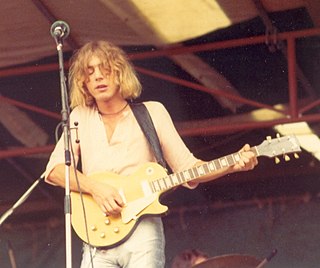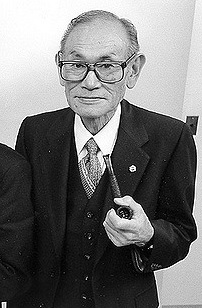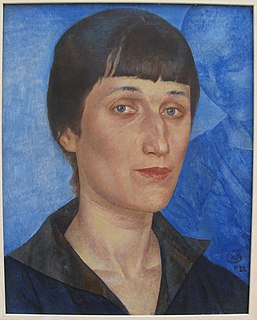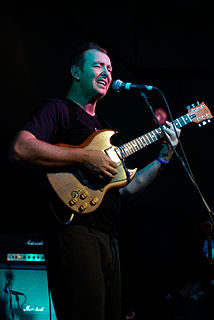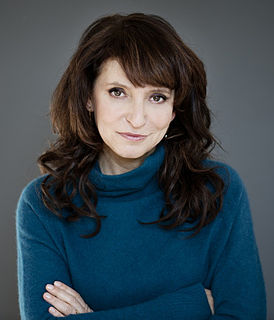A Quote by Wynton Marsalis
I always read all these books about the slaves. My mother is very educated. My father would talk to us like we were grown men. We never knew what he was talking about half the time.
Related Quotes
First I went to a Jewish school, when I was very little. But when I was 12, they put me in a school with a lot of traditions, and they were educated people and they were talking about Greece and the Parthenon and I don't know what. All the kids, all the girls they had already seen that and knew that from their family, and I would say, "What are you talking about, what's that?" It's not my world. My grandparents were very well-educated people, but in the Jewish tradition. They knew everything about the Bible.
One of the things I do take some pride in is that if you had never read an article about my life, if you knew nothing about me, except that my books were being set in front of you to read, and if you were to read those books in sequence, I don't think you would say to yourself, 'Oh my God, something terrible happened to this writer in 1989.'
Before the war, my parents were very proud people. They'd always talk about Japan and also about the samurai and things like that. Right after Pearl Harbor, they were just real quiet. They kept to themselves; they were afraid to talk about what could happen. I assume they knew that nothing good would come out of it.
We worked on The Perfect Storm, and I'll never forget, Wolfgang Petersen would talk about a moment. Like a non-speaking moment, where we'd all be sitting around eating dinner, and it would probably last maybe four seconds on screen. But he would sit there and talk about it for about 10 minutes. He knew what piece of the puzzle that scene would be, and if it were six seconds, it would be too long. If it were three seconds, it wouldn't be enough. I'm always turned on with people's enthusiasm like that.
The whole time I was hoping my silence would fit yours and exclamation marks would gently float across time and space so that boundaries would be crossed; the whole time I was praying you would read my eyes and understand what I was never able to understand. See, we were never about butterflies. We’ve always been about burning stars. All about us is unearthly and radiant.
When you talk to people about the books that have meant a lot to them, it's usually books they read when they were younger because the books have this wonder in everyday things that isn't bogged down by excessively grown-up concerns or the need to be subtle or coy... when you read these books as an adult, it tends to bring back the sense of newness and discovery that I tend not to get from adult fiction.
My mother lived her life through movies and books - she read everything there was to read. And she read to me every night. I never went to sleep without her reading to me. And she fantasized about the book and she would talk about it, the place, and you would think that after she read the book and after she told you stories about it, that she had actually been there. I learned about story from her, and I learned the value of a great story, and the value of great characters.
I'm a very private person, so obviously I don't enjoy talking about more personal matters. But at the same time I care very much about my work and I would like people to know that it exists. So I appreciate that there's a meeting point, where I would like people to know about the work that I'm doing, and that requires me to talk about it.


